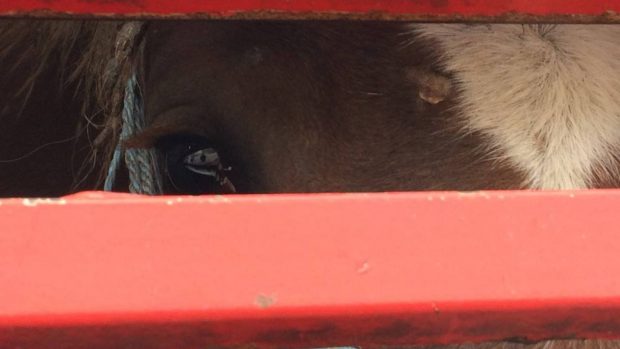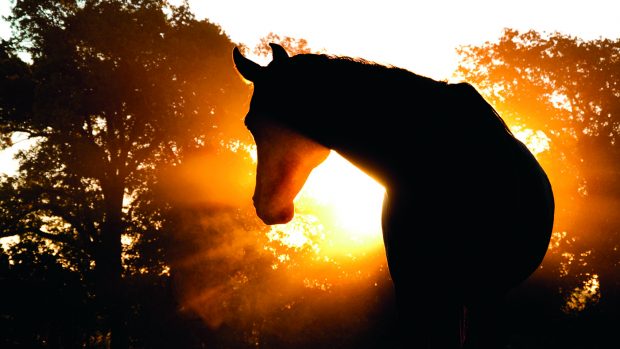The welfare of slaughter horses during journeys across the EU is back on the European agenda. The International League for the Protection of Horses (ILPH) received news from Defra last week that the Dutch Presidency of the EU intends to resume talks on the Regulation on the Protection of Animals during Transport.
“The Dutch Presidency has revived the proposal over animal welfare in transport,” a DEFRA spokesman confirms. “The UK position is that we are giving it positive support because it brings considerable improvements over the current situation.”
Released by the European Commission in July 2003, the Regulation reached the Council of Ministers in April 2004, after the European Parliament submitted their opinion. However, the council was unable to find an agreement over the proposal and negotiations collapsed. Now the Dutch Presidency look set to bring it back to the agenda.
“We monitored the situation after the collapse,” says Jo White of the ILPH. “Until now it looked like no one was going to take it up, but last week we got the news that the Dutch Presidency had decided to push this forward.”
If approved in its entirety, the Regulation would provide a unified legal framework for live animal transport across the EU, removing the differences between national legislations and tightening the rules for long-distance journeys. It would also define responsibilities for every step of the transport chain, from farmers and livestock markets to drivers and staff at assembly centres.
Under the new rules, horses in long-distance trips would stay in individual stalls with constant access to hay and water. Transport vehicles would have to be equipped with forced ventilation, automatic drinking systems, temperature monitors, data-recording tools, and an alarm system to alert drivers to any problems.
Anyone handling animals would have to be appropriately trained on transport welfare and pass an independent exam. Transport authorisations would be split into long-haul and short-haul, and long-haul operators would have to know how to cope with emergencies.
Transporters would also be required to keep a journey log, which would be checked against tachograph evidence — data from a device which measures and records speed and changes in speed — to ensure that travelling time limits are respected. Operators who break the regulation would risk having their authorisation withdrawn.
According to DEFRA, “the Dutch are looking to get an agreement on this before the end of their Presidency.” Whether they can succeed, however, remains to be seen. The timescale is very tight, because the Dutch Presidency will end in December, and the views of member countries on the matter are hugely different. When the council last debated the Regulation, discussions collapsed over travelling time limits and stocking density, so it is likely that some concessions will have to be made on these points. But the details of the current negotiation remain shrouded in secrecy.
“At the moment, we are trying to piece together as much information as we can,” says White, who, however, is very upbeat. “It’s a positive step that this is back on the agenda. We are working very closely with Defra on this and we’re looking at lobbying in Brussels.”




